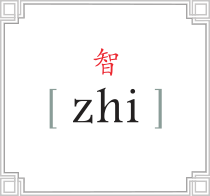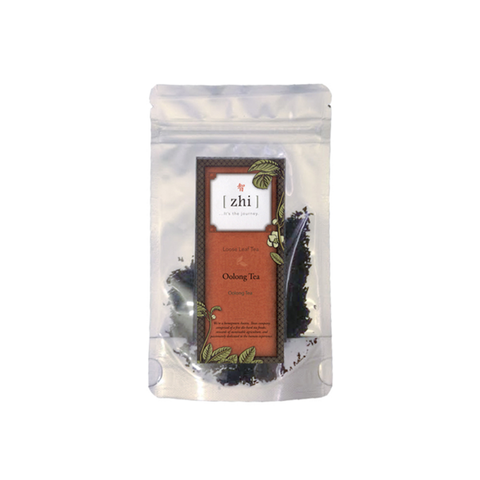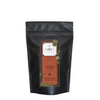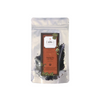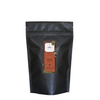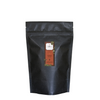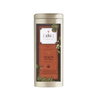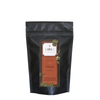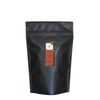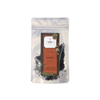Wuyi Oolong (Qi Lan)
Ingredients: 100% Organic Oolong loose tea leaves
Wuyi Qilan (rare orchid) Rock Tea.
This beautiful oolong from the base of the Wuyi Mountains in Fuijan Province, China, consists of medium oxidized, unrolled amber brown leaf with greenish highlights.
A sophisticated dark amber liquor reveals hints of raisins and toasted almonds. Bold, complex, woody, evocative. A simply outstanding tea. 2024 Lot.
Also known as wu-long - the real thing! High grade.
Other names: Qilan Oolong, Wu-Long, Wuyi Rock Oolong.
Water: 200°F | Leaves: 1 TBSP per 12 ounce cup | Infusion Time: 3-4 minutes
Basic Steeping Tips
- Use filtered or spring water, whenever possible
- Don’t overboil water
- Remove leaves after recommended time (adjust to taste)
- If you want stronger tea, use more leaves instead of steeping for a longer time
Leaves can be resteeped 2-3 times resulting in various flavor differences. Don’t throw out those leaves until they have given it all up!
Polyphenol in oolong tea is effective in controlling weight. It activates the enzyme that is responsible for dissolving triglycerides. Studies have confirmed that a 2-3 cup per day intake of oolong tea contributes to enhancing the function of fat metabolism and controlling obesity.
The history of tea in China is long and complex. The Chinese have enjoyed tea for millennia. Scholars hailed the brew as a cure for a variety of ailments; the nobility considered the consumption of good tea as a mark of their status, and the common people simply enjoyed its flavor.
Tea was first discovered by the Chinese Emperor Shennong in 2737 BC. It is said that the emperor liked his drinking water boiled before he drank it so it would be clean, so that is what his servants did. One day, on a trip to a distant region, he and his army stopped to rest. A servant began boiling water for him to drink, and a dead leaf from the wild tea bush fell into the water. It turned a brownish color, but it was unnoticed and presented to the emperor anyway. The emperor drank it and found it very refreshing, and cha (tea) was born.
